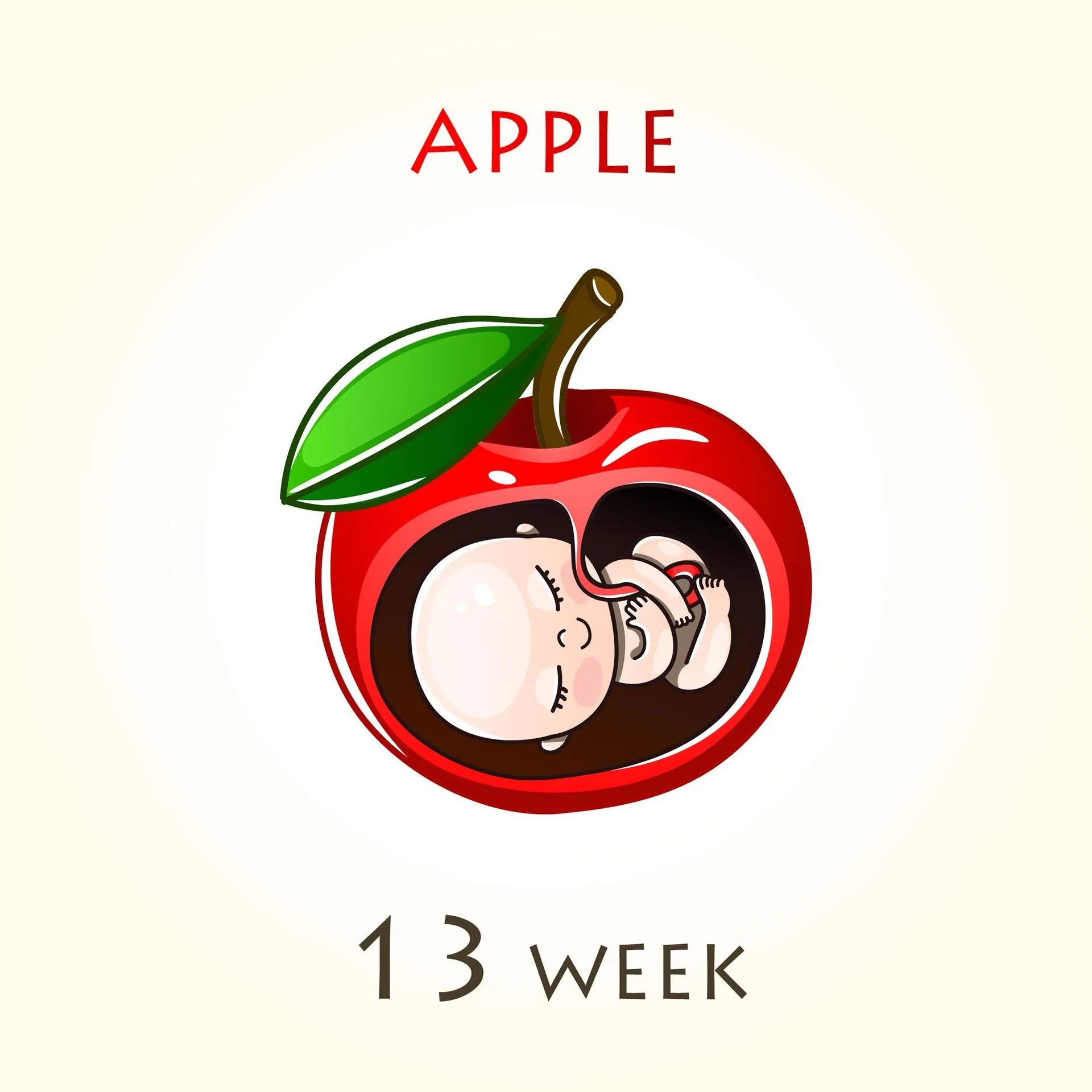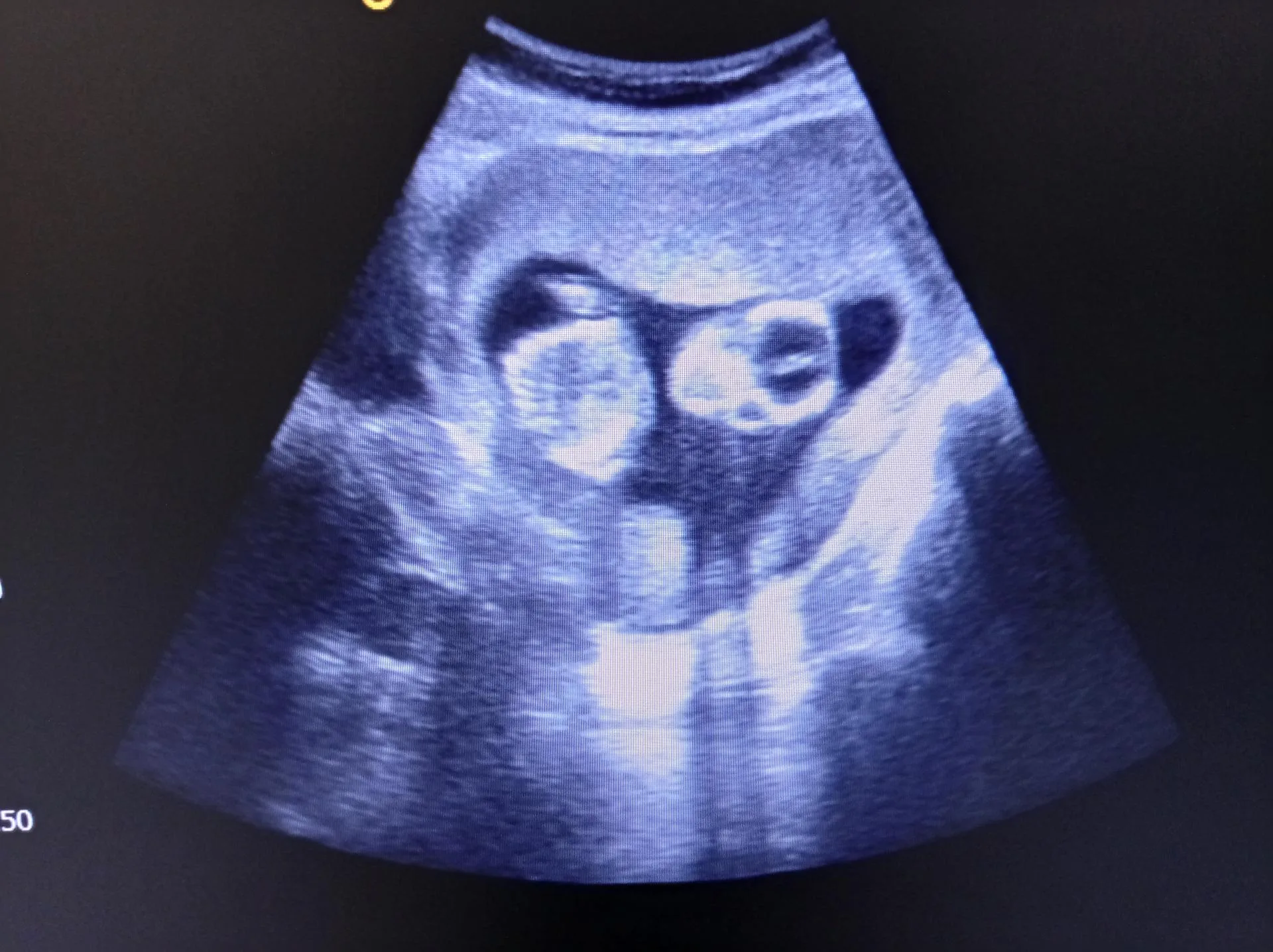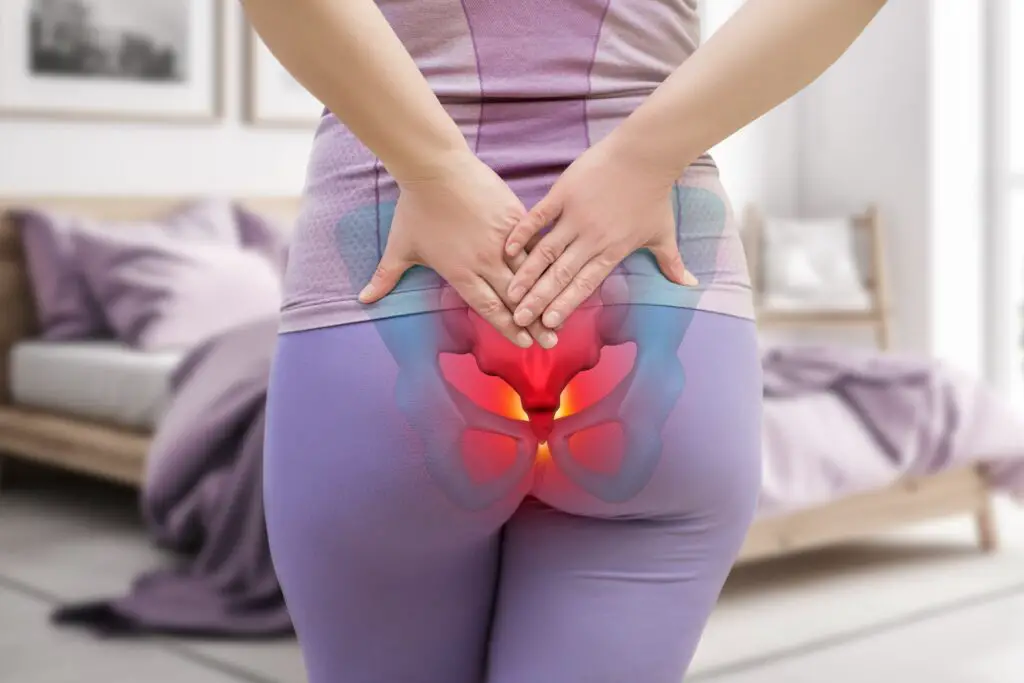Table of Contents
Pregnancy at 13 weeks means you are in the first week of your second trimester. The most exciting phase of pregnancy is about to begin, which is also called the honeymoon period of pregnancy – the second trimester.
During the second trimester, early pregnancy symptoms like nausea may be relieved. Also, sudden energy and good mood are associated with this time. Also, it’s when your baby bump becomes noticeable, with some major changes.
Keep reading to learn all about pregnancy at 13 weeks, the changes, symptoms & size of your fetus.
Highlight at 13 Weeks Pregnant
How many months is 13 weeks? It’s the start of the fourth month. If you are at this stage, check the highlights at 13 weeks pregnant:
- At this time, many women notice the gradual withdrawal of symptoms like morning sickness, nausea, etc. (1)
- The baby’s body can move and flex its arms and legs (2).
- You may notice colostrum leaking from your breasts. The thick fluid is a baby’s first milk loaded with antibodies (3).
- At 13 weeks pregnant, you will soon notice the baby bump. You can keep track of the growing bump from here on with ultrasound photos.
- You may feel more thirsty at this time to support the baby’s blood circulation (4).
- During 13 weeks of pregnancy, the baby’s urine production gradually increases. They swallow some surrounding amniotic fluid and excrete it, too (5).
- Fluctuation in hormones may increase the libido of expecting mothers (6).
- At this stage, the baby’s eyelids close and are completely shut till week 28. This stage marks the development of the eyes (7, 8).
- The baby’s hair begins to grow, spreading gradually throughout the body over the course of several weeks (9).
- The baby’s heartbeat can be heard through the external Doppler.
- You will gain rapid weight due to the baby’s development (10).
- With hormones in play, there can be some food cravings.
Your baby at 13 weeks pregnant
Here are some interesting baby’s development progress at 13 weeks pregnant:

Growth in size
At 13 weeks, the actual 13-week fetus is approximately 3 inches long, which is around 7.5 cm (11). Although the baby is small, this stage is the beginning of development and the baby’s body. Therefore you will notice a prominent baby bump growing upwards and outwards (10).
Development of baby’s hair
At 13 weeks, there is the formation of hair follicles. These follicles grow soft and thin hair, known as lanugo (9). By the 20th week, the baby will have hair all over the body. Moreover, this hair protects them from harmful substances found in amniotic fluids.
Interestingly, around the 8th or 9th month, the baby sheds lanugo, which mixes with amniotic fluid and gets swallowed by the baby. However, some babies have lanugo at birth, which usually sheds off after some time (9).
Baby starts to swallow
The swallowing movement of the baby becomes very advanced and frequent at this stage. It becomes more advanced by the 15th week (12). As a result, the baby continuously consumes amniotic fluid and excretes it.
A developed urinary system
At 13 weeks, the baby’s kidney and bladder area is visible in the ultrasound (13). Urine production starts at 9 weeks and increases beyond 16 weeks.
Emerging fingerprints
The unique fingerprints will stay with the baby forever and make an impression with little ridges (14). In a few weeks, these will be formed completely.
Developing placenta
At 13 weeks, the placenta is fully functional. It provides oxygen and nutrients to your baby and deals with excretion (15). It attaches through the umbilical cord, a necessary element in the pregnancy.
Development of teeth and bones
From 13 weeks onwards, the baby’s skeletal system becomes stronger and more dense (16).
Development of baby’s vocal cords
At 13 weeks, vocal cords are developing (17). Also, the salivary glands are formed (18), which marks a great milestone in the fetus’s development.

Your body at 13 weeks pregnant
You will enter the so-called “honeymoon phase” of the pregnancy in 13 weeks. It’s usually when the earliest symptoms of uneasiness and nausea gradually go away (19). But, instead, there will be some great changes in our bodies like:
You will notice a baby bump: At the onset of the second trimester, you will see a visible bump. According to experts, weight gain must be gradual and healthy (20). Also, it depends on the individual’s pregnancy.
You may feel the baby: The most awaited and cherished time of the pregnancy may be here. You can feel the baby moving or kicking. Of course, the time is different for everyone, but it can be after a few weeks of the 13th week.
Increased blood supply to the placenta: There will be an increased blood flow to the placenta (21). By the time gestation is complete, the placenta can weigh around one and a half pounds.
Breast tenderness: You may also notice visible veins and tenderness in your breast (22)
Visible ligament stretching: Pregnancy is a beautiful journey, and the body changes symbolize beautiful motherhood. At this stage, when the baby is growing, you may notice a stretch of skin in the tummy or groin area (23). To prevent or lessen stretch marks, you may try using moisturizing or doctor-prescribed creams.
13-week pregnancy symptoms
Here are some common week 13 pregnancy symptoms:
Increase in energy
The first trimester is full of morning sickness or feeling ill (24). Women find this stage the toughest. But usually, you may feel much better as your pregnancy progresses to 13 weeks.
Moreover, the second trimester is considered the most asymptomatic phase of the pregnancy. Therefore, there will be an increase in energy, fewer symptoms, and you can do many to-do list things (19).
But, you must consult your healthcare provider as every pregnancy is unique. Also, you can begin light by walking and doing easy exercises.
Increase in sex drive
As the hormones settle down at the 13th week of pregnancy, there is an increase in libido (6). Some women may feel a surge in sex drive, which is normal. However, it’s not the case with everyone.
Food cravings
The hormonal change in the 13th week leads to food aversions (25). Interestingly, during this period, you may desire sugary foods (26). Also, when all the nausea-related symptoms go off, the appetite returns.
Have a nutritious diet of whole grains, fruits, vegetables, minerals, and vitamins. A balanced diet is highly recommended (27, 28).
Symptoms of indigestions
Progesterone and estrogen play an important role in pregnancy (29). Therefore, the strike of the progesterone hormone leads to slow digestion (30). Furthermore, it may lead to constipation, etc (31).
To deal with this, it is important to maintain an adequate water intake and a balanced diet that includes all necessary macro and micronutrients. Additionally, engaging in regular physical activity is recommended (32). If the symptoms trouble you, consult your doctor.
Vaginal discharge
At the 13th week in the 2nd trimester, you may notice vaginal discharge. It is a milky-colored discharge known as leukorrhea (33). It’s completely normal and prevents vagina and birth canal irritation or infections (34). However, you must contact your doctor if you notice colored discharge, foul smell, or blood spots.
Heartburn
The growing uterus in the next few weeks of the 2nd trimester can cause heartburn (35). This is because the growing fetus and its movements put pressure on the stomach.
Also, the pregnancy hormones relax the stomach’s top muscles, creating acid reflux in the esophagus. To control it, you should sit upright after meals. Moreover, avoid meals that cause acidity (35).
Production of colostrum
The colostrum is produced from the breast during the end of the first trimester (3). You may notice this thick, yellow fluid leaking from the breasts. Colostrum is important as a baby’s first milk after birth (36). You can use breast pads to deal with the leaking.
How big is a pregnant belly at 13 weeks?
At 13 weeks, the pregnant belly is noticeable and big enough. According to the American College of Obstetricians and Gynecologists (ACOG), your weight gain must be gradual (37). In addition, there are some set standards like (38):
- If you’re underweight (BMI under 18.5): Your total pregnancy weight should be 28 to 40 pounds. In the 2nd trimester, it should increase by 1 to 1.3 pounds, to be exact, per week.
- If you’re normal weight (BMI of 18.5 to 24.9): Your total pregnancy gain can be 25 to 35 pounds. Also, you can notice .8 to 1 pound, to be exact, per week from the 13th week.
- If you’re overweight (BMI of 25 to 29.9): Your weight gain should be 15 to 25 pounds. Also, the weight gain can be 0.5 to 0.7 pounds, to be exact, per week after the 13th week.
- Note: If you have twins, the total pregnancy weight gain can be between 37 to 54 pounds (39)
13 weeks pregnancy checklist
Here is a checklist for 13 weeks pregnant:
- Have regular checkups and assess your condition and case. It’s better to stick to one gynecologist.
- Try exercising and perform pelvic floor exercises. Of course, all of this should be done after the advice from doctors.
- Have a nutritious and balanced diet.
- Avoids processed food as they easily lead to excess weight gain, diabetes, and higher blood pressure.
- Sleeping on your side may improve the quality of your sleep.
- Track your symptoms and discuss them with your doctor as soon as possible.
- Stock on maternity clothing; you will gain some weight in the coming weeks.
Summary
Pregnancy, motherhood, and parenthood is a beautiful journey. However, the power to embrace pregnancy in females is a godly process that is an exception. In these nine months, females experience three trimesters with different symptoms, which is altogether a new experience.
In the same way, the 13th week holds special importance as it’s the first week of the second trimester. The second trimester is special as you can notice a baby bump, movements, and more. So, be around loved ones, stay active, have a nutritious diet, and stay happy.
Read all the signs and symptoms mentioned above. Also, stay in touch with your doctor and have a happy pregnancy.

















Comments
0